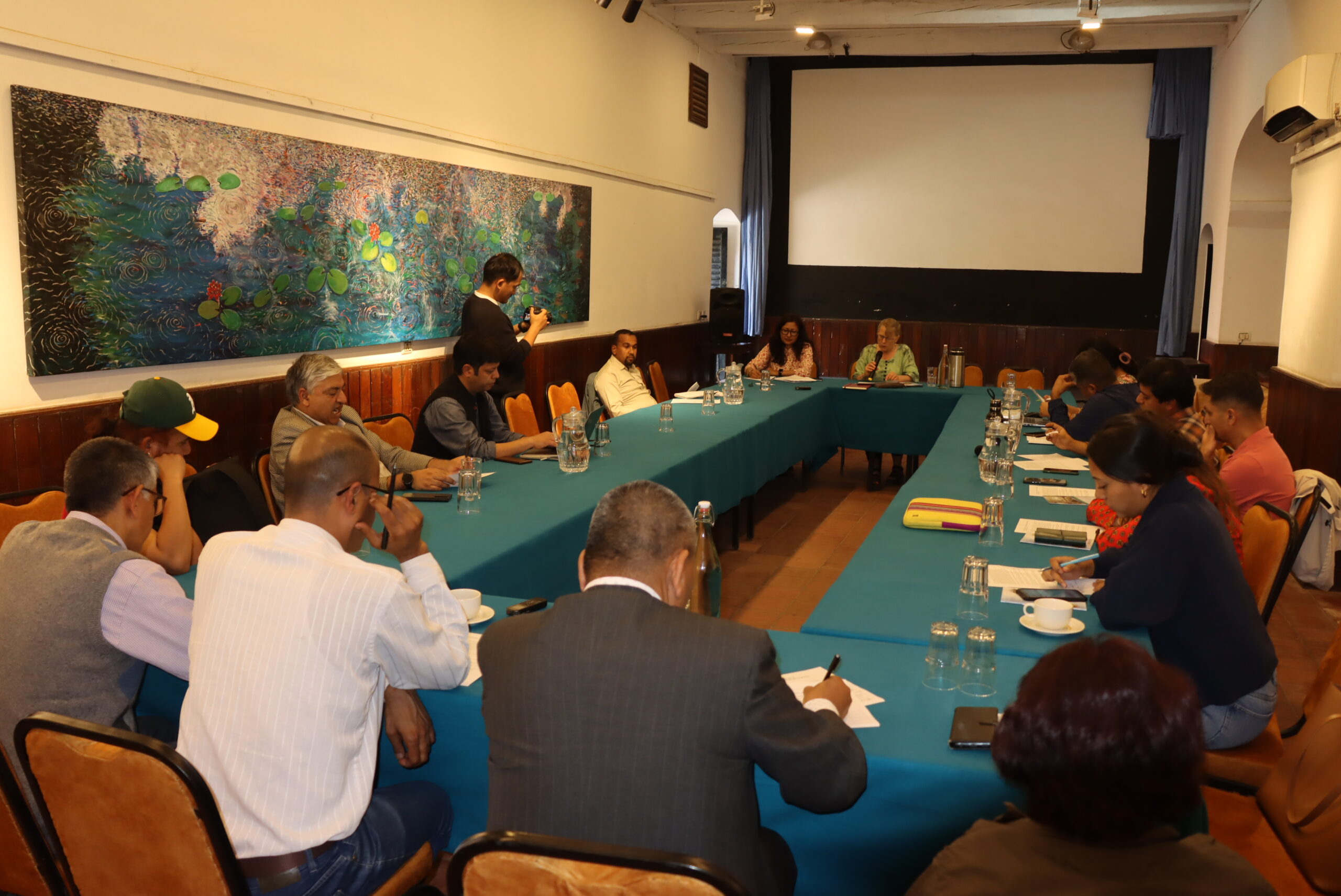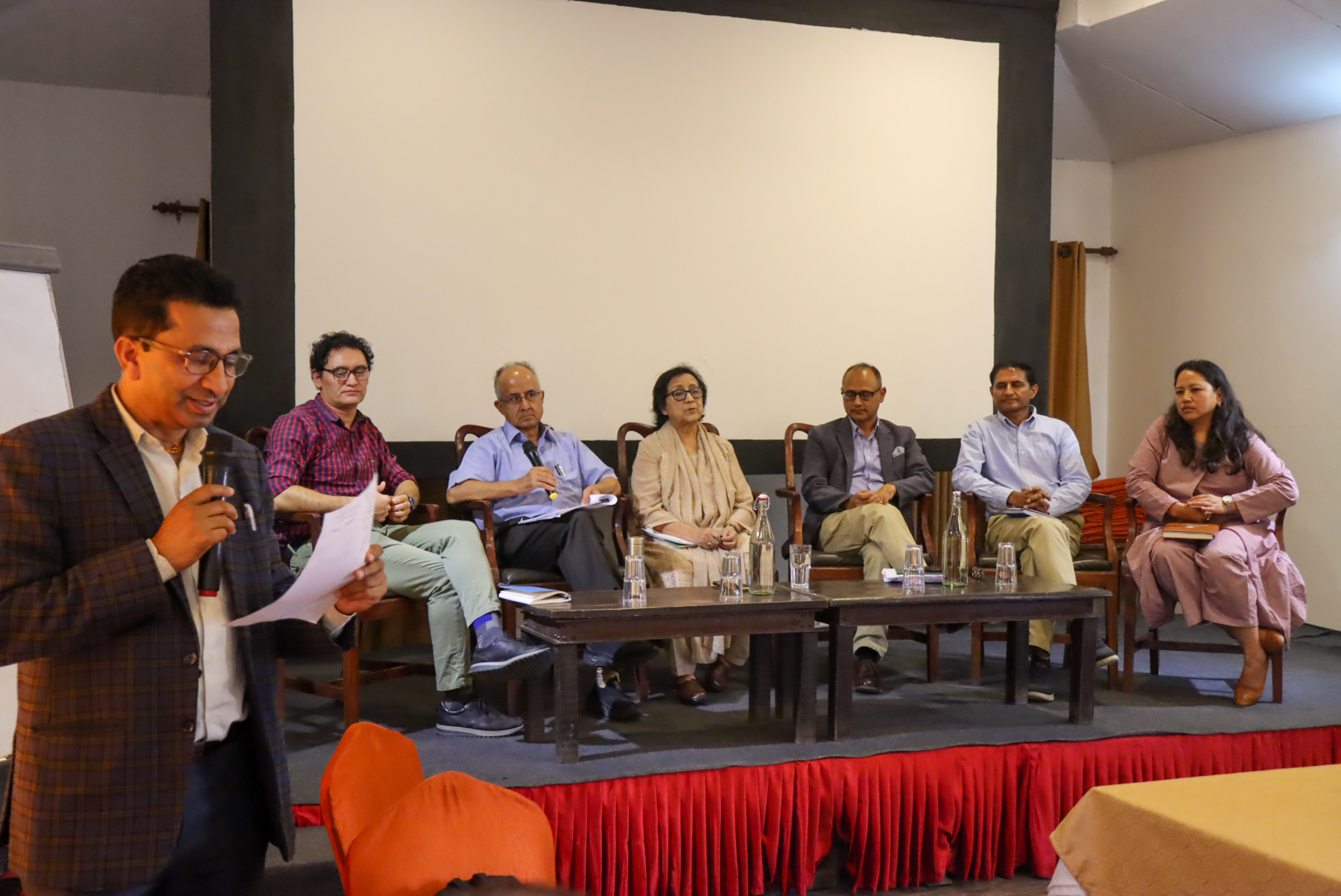On 15 July 2022, SIAS organised yet another presentation series under the Future Himalayan Research Seminar. Dr Shyam Basnet presented on “Co-creation of visions for sustainable food systems: the Swedish experience and its adaptations in the Nepali context”. Dr Basnet highlighted the food system in Sweden, introduced the participants to the Food, Agriculture, Biodiversity, Land-Use and Energy (FABLE) approach, and presented an overview of the food system in Nepal.
Seminar Overview
Sustainable food systems will be essential in helping countries achieve the ambitions of the Sustainable Development Goals (SDGs). However, most countries, including those ranked at the top of the SDG index, have been struggling with the health and environmental burden of their food systems. This requires more sustainable food systems in the country, involving stakeholders to formulate a clear vision of a sustainable food system in the local context. We adopted a FABLE approach to explore pathways towards a more sustainable food system. For empirical evidence, the following case studies of the Swedish context are presented:
- Organic agriculture in a low-emission world: a promising path only when combined with transformative strategies to promote environmental sustainability across consumption, production and waste practices.
- Co-creating visions for sustainable food systems: divergence on pathways to a sustainable food environment. The public sector is committed to promoting the consumption of plant-based foods, while the private sector is less inclined to reduce meat-based food intake. The participatory modelling approach could inform stakeholders about the conflicts and challenges related to the pathway to a sustainable environment.




